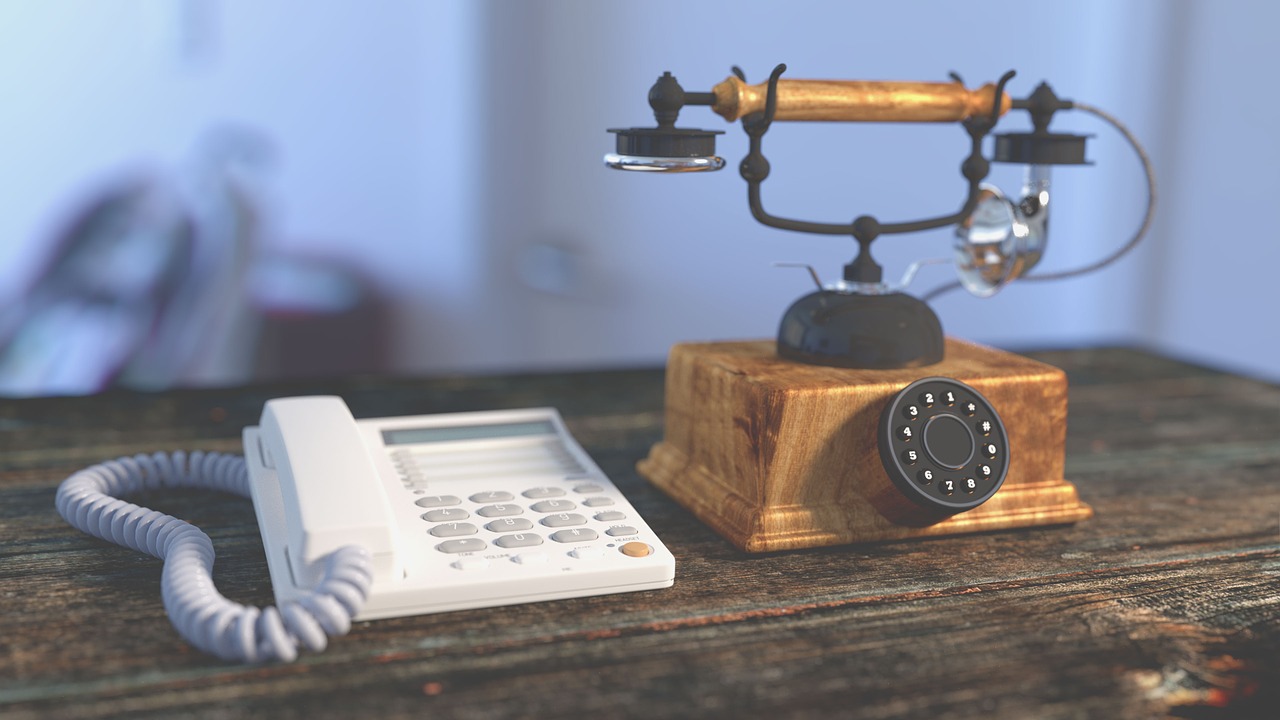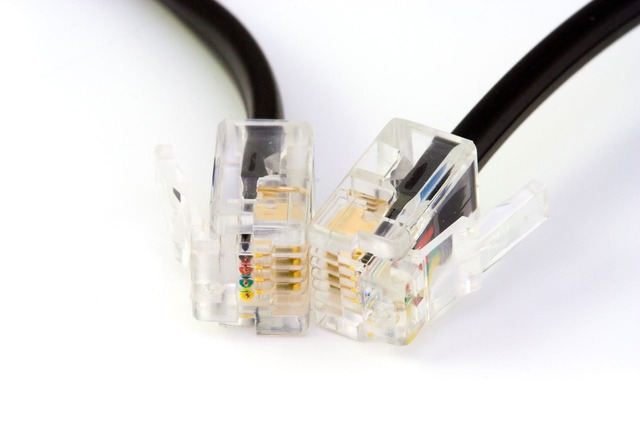The world has changed, and nowhere is that more evident than in our offices and places of business.
New innovations in technology have allowed us to reach a much wider audience, more regularly. But some things remain the same – in order to communicate with our clients or colleagues across the country and world, we still plan conference calls to nail down important details.
Many meetings take place as a call these days, and it’s vital to understand what works best for your business before choosing a medium to communicate.
Older team members may prefer relying on a ‘landline’ phone system, whereas those embracing technology may be more familiar with the VoIP (Voice over Internet Protocol) options in place.
So, what are the main differences?
Telecommunications technology may look quite similar to how it has always done (handset/receiver) and the basics remain the same – your speech is converted into a different format, sent via a connection to the receiving party and converted back into speech so that it can be understood. The main difference now is in how the message travels.
From analog to digital
Previously, all phones used analog technology, which relied on copper wiring as voice circuits and transmitted the messages via electrical signals. Nowadays the copper wiring has been removed, and many systems can be controlled through software, rather than the hardware exchanges that took up a lot of space in the company.
Both digital and VoIP calls convert audio into a digital signal before it is sent, but these signals do not travel in the same manner. Digital calls, like the old analog, are transmitted through a dedicated line that cannot be used for other calls whilst the circuit is open, whereas VoIP travels over the Internet, through public or private data networks.
Different networks for digital and VoIP
Digital calls transmit signals through a circuit-switched network, which means that a two-way connection is established between all parties on the call. The data can travel back and forth in its complete form.
With VoIP, the data isn’t sent intact – it is broken down into smaller packets that can travel along a number of pathways to reach its destination. These packets are numbered and marked with an address, so that they are opened in the correct order when they arrive. As such, these packets could travel separately on their way to the destination.
Pros and Cons
-
Costs
– Generally, the cost of VoIP calls are lower than digital phone lines. The hardware required for a VoIP system is usually less expensive too. IF you need to communicate internationally, then VoIP is also going to cost less – usually around 90% less. It makes sense to have some kind of VoIP system in place if your business relies heavily on international calls.
-
Wiring
– Although you will need hardware, with a VoIP system you’ll need a lot less wiring. Digital phones require both voice and data cables so there’s at least 50% extra wiring. With a VoIP system, you plug the phone into an Ethernet wall plate (or sometimes these are built into the desk in newer offices), then you plug the computer into the back of the phone.
-
Ease of moving around
– If you need to move with a digital phone connection, then it’s not usually as simple as moving it physically. With a VoIP system, you can just move to another location, and the phone number comes automatically.So, if you’re planning a relocation, a VoIP system will make your life easier. If you have a digital phone system, then you will need a technician to transfer your numbers across to a new location, or you’ll need to change your number.
-
Power
– This is a win for digital phones as they use far less power, and it is drawn from the phone itself. VoIP phones need to be connected to an AC source, or they have to have a converter called a Power Over Ethernet (POE) injector, allowing the phone to get power and data through the same network cable.
-
Reliability
– VoIP systems need bandwidth, so if your connection is proving slow, then your phone system may not perform adequately. With a digital phone, you don’t need to worry about bandwidth, so it will work even if your Internet goes down.
-
Maintenance
– Maintenance on a digital phone system usually needs to be carried out by a qualified technician from the phone company. With VoIP, the system can be repaired in house, and software upgrades can be programmed as automatic, so there’s very little upkeep. Also, adding new lines is easy, as there are no wires required.
-
Security
– Security can be a concern with VoIP lines as you are sending information over the Internet. You can add encryption but there is still more of a risk than with digital phones. You could also set up a virtual private network to combat this, but this can cause further delays as the packets may move more slowly.
Should you choose digital or VoIP?
Nexgen can advise on the best system for your business. Call us today on 1300 063 943 and we’ll be happy to help.



